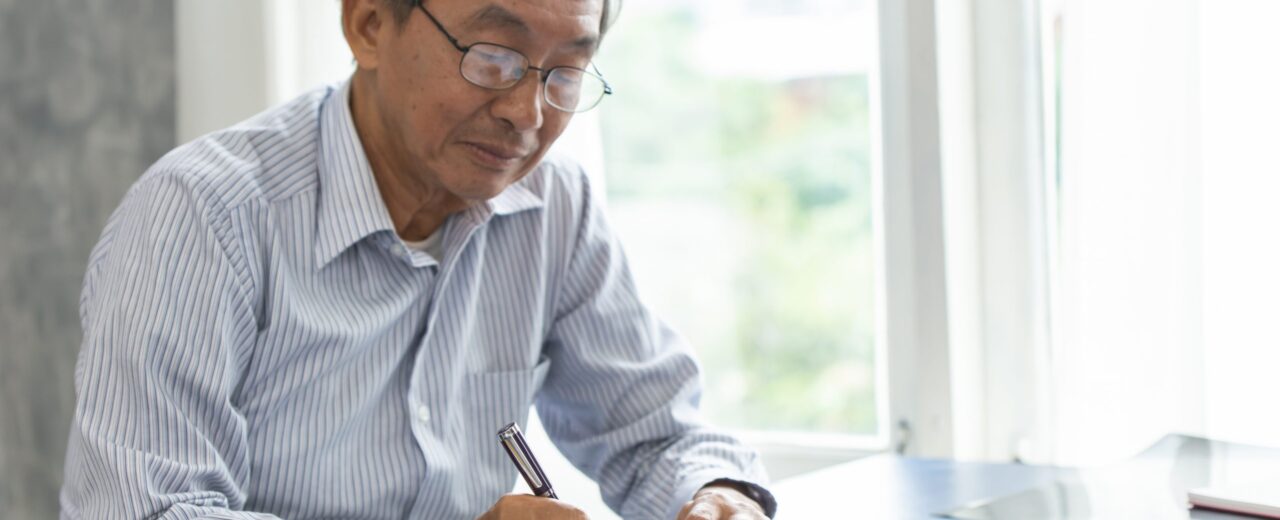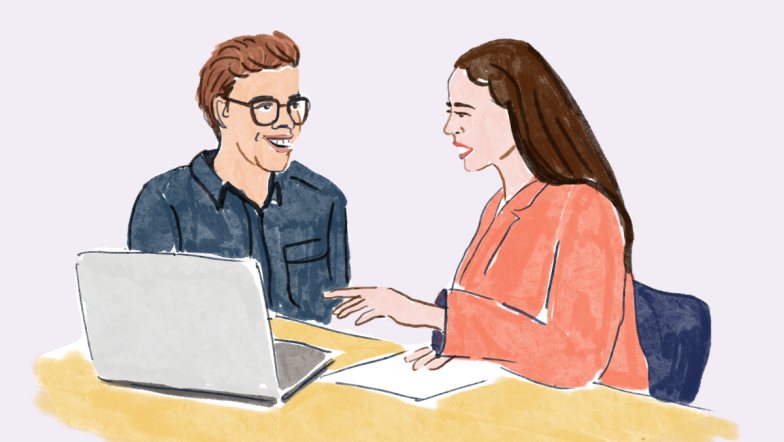Remote witnessing now permanent in NSW
25 Jan 2022
In a recent landmark study conducted by the Australian Institute of Family Studies (AIFS), 1 in 6 older people in Australia has suffered elder abuse of some kind, including psychological, physical, financial and sexual abuse, and neglect.
Informed by our extensive experience in assisting our older clients execute Powers of Attorney (PoA), Enduring Guardianship Appointments and wills, we made a submission strongly supporting permanent remote witnessing of important legal documents using digital technology in NSW, provided that adequate safeguards are put in place.
In response to this advocacy from the sector, the NSW Government made temporary measures permitting the remote witnessing of legal documents by audio visual link permanent from November 2021. This permanent change will mean that people like our client Judith* or people who live in remote and rural settings, in isolation or with accessibility needs, can have more equitable access to justice.
Increasing access to justice for older people through remote witnessing
Judith is a 75-year-old Aboriginal woman who was referred to us by a social worker through one of our health justice partnerships at St Vincent’s Health Network Transitional Aged Care program (TACP), who had been experiencing financial and psychological abuse by her son, Dan. Dan has borrowed money from her over the years and has never repaid it. And more recently, he sold her car without her permission. Her daughter Zoe who lives with her, and is her carer, has always been responsible with money and has her mother’s best interests at heart. After talking with our lawyer, Judith decided to appoint Zoe, whom she trusts, and has the skills and integrity to look after her money and health if she isn’t able to do herself, as her attorney and guardian.
Due to the COVID-19 pandemic, our lawyer was unable to visit Judith at her home to execute her legal documents. With the help of the TACP social worker who visited Judith at home, our lawyer was able to witness Judith sign her legal documents using NSW Health’s secure videoconferencing platform, myVirtualCare. Judith was relieved to have these documents in place and be assured that her son Dan would not be able to make financial, legal or health decisions on her behalf. Thanks to our legal intervention and training provided to healthcare workers, Judith was able to regain her dignity and control of her life.
More safeguards needed to protect older people from abuse
The new remote witnessing laws in NSW unlock the availability of lawyers and support services to help older people put legal documents in place as part of a plan for a safe older age (also known as future planning), regardless of where they live or traditional barriers to access.
We highlight that there are some circumstances in which witnessing documents remotely may not be appropriate, for example where an older person is living with their perpetrator. Whilst we welcome these changes, more safeguards need to be put in place to ensure that older people are protected from abuse. It is our recommendation that the person witnessing a document remotely should include a statement confirming that:
- The witness is satisfied that the signatory gave their signature freely and voluntarily; and
- The witness confirms that to the best of their knowledge, that the appointee was not present when the signatory signed the document.
*All names in this story have been changed to protect our client’s identity


